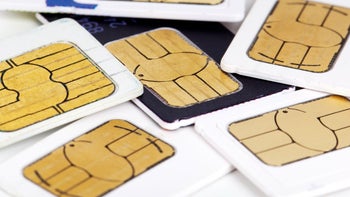Vote now: Do we still need physical SIM cards?

Smartphone innovation may be stale, but there are areas where things keep moving at a rapid pace. The traditional physical SIM card has long been a staple in mobile devices, but with the widespread adoption of eSIM technology, the question arises: do we still need physical SIM cards in our phones?
Unlike their physical counterparts, eSIMs are embedded directly into the device, eliminating the need for a physical card. This embedded technology allows users to switch carriers and activate services without the hassle of swapping out physical cards.
Another huge benefit concerns the design of the phones. eSIMs eliminate the need for this slot, allowing manufacturers to design slimmer and more versatile devices, using the extra space for larger batteries, wireless charging, etc.
On the flip side, using a physical SIM card adds an analog element to the security of the phone. It's far more difficult to physically copy a SIM card and use it for malicious purposes than to hack an eSIM. But it's clear where all this is going; we used to have CDs, then flash drives for our music, and now it's in the cloud, streaming directly to our phones.
Unlike their physical counterparts, eSIMs are embedded directly into the device, eliminating the need for a physical card. This embedded technology allows users to switch carriers and activate services without the hassle of swapping out physical cards.
On the flip side, using a physical SIM card adds an analog element to the security of the phone. It's far more difficult to physically copy a SIM card and use it for malicious purposes than to hack an eSIM. But it's clear where all this is going; we used to have CDs, then flash drives for our music, and now it's in the cloud, streaming directly to our phones.
Do you agree? Do you think we still need physical SIM cards, or are they a thing of the past, bound to disappear forever? Vote in our poll and share your thoughts in the comments below.
More Polls:













Things that are NOT allowed: